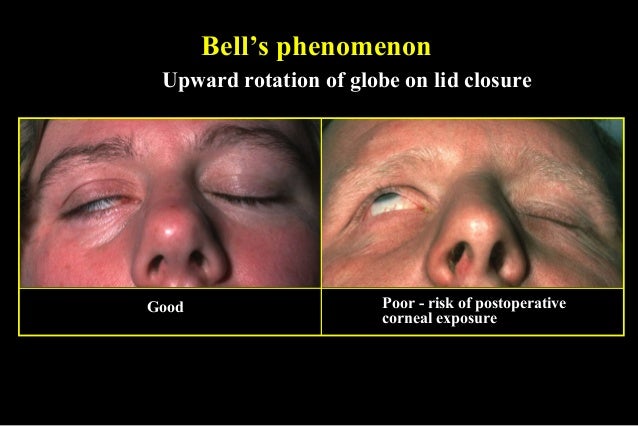

By far the most common and universally accepted plural form is the classical phenomena the Anglicised phenomenons is also sometimes used.

All those alternative forms are pronounced identically with phenomenon and are archaic, except for phainomenon, which sees some technical use in academia and is pronounced with an initial fī ( ,). The form spelt with œ has no etymological basis. Of the alternative forms listed above, phaenomenon, phænomenon, and phainomenon are etymologically consistent, retaining the αι diphthong from its Ancient Greek etymon φαινόμενον ( phainómenon ) in the case of the first two, it is in the Romanised form of the Latin ae diphthong, whereas in the latter it is a direct transcription of the original Ancient Greek.

The Indians, making a hasty inference from a trivial phenomenon, arrived unawares at a probably correct conclusion. 1900, Andrew Lang, The Making of Religion, ch.A thing or being, event or process, perceptible through senses or a fact or occurrence thereof.Phenomenon ( plural phenomena or ( nonstandard ) phenomenons or phenomenon) ( General American ) IPA ( key): /fəˈnɑmənə/.( Received Pronunciation ) IPA ( key): /fəˈnɒmɪnə/, /fɪ-/.( Received Pronunciation ) IPA ( key): /fəˈnɒmɪnən/, /fɪ-/.phainomenon ( archaic, academic, or technical)įrom Late Latin phaenomenon ( “ appearance ” ), from Ancient Greek φαινόμενον ( phainómenon, “ thing appearing to view ” ), neuter present middle participle of φαίνω ( phaínō, “ I show ” ).


 0 kommentar(er)
0 kommentar(er)
